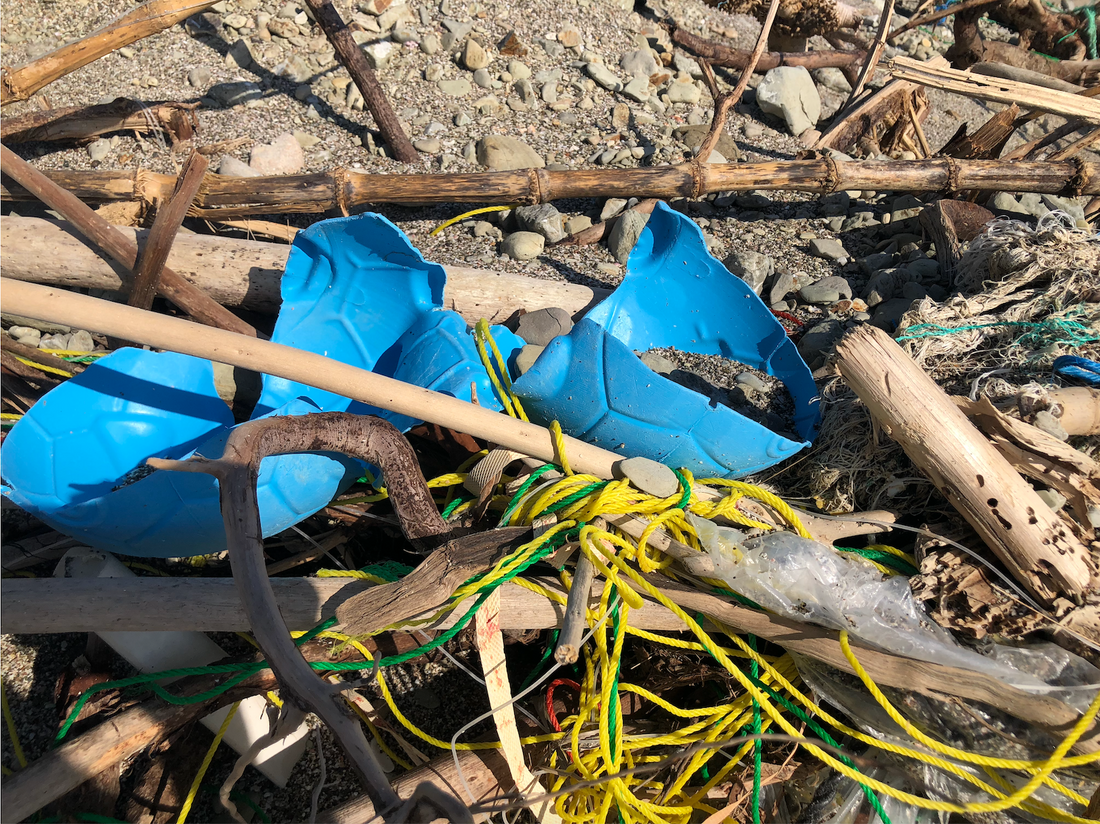Plastic waste in our oceans is deadly. From choking marine life to breaking down into toxic microplastics, it’s a slow-moving crisis that affects everything from food chains to climate systems.
And while the scale of the problem is massive, so is the potential of AI to help fix it.
From Chaos to Clarity: How AI Spots Ocean Plastic
The ocean is huge, and plastic waste doesn’t just sit in one place—it drifts, sinks, and breaks apart. Finding it is one of the hardest parts of cleaning it up. That’s where AI comes in.
Researchers are now using machine learning and computer vision to scan drone footage, satellite images, and underwater cameras to detect floating plastic. These systems can tell the difference between seaweed, driftwood, and debris—with accuracy that far surpasses human eyes.
Some AI models can even identify the type of plastic—whether it’s a bottle, bag, or fishing gear—giving scientists a clearer picture of where the pollution is coming from and how to stop it.
Ghost Nets: The Silent Killers
One of the worst offenders? Abandoned fishing gear.
Known as “ghost nets,” these floating traps drift through the ocean, ensnaring everything in their path—turtles, whales, dolphins, and fish. They also break down over time into microplastics, spreading pollution across ecosystems.
AI-powered systems are helping map out where ghost nets are most concentrated. That means faster, more targeted cleanups—and fewer animals caught in the mess.
Robots on Cleanup Duty
Once the plastic is found, it’s time to remove it—and that’s where robotics step in.
Autonomous boats and underwater drones are now being used to collect debris without harming marine life. AI helps guide their paths, avoid obstacles, and optimize collection routes based on where plastic tends to accumulate.
Much like tree planting, robots are faster, safer, and more efficient than people doing this work manually.
A Win for Marine Life—and the Planet
Combining AI with real-world action is helping us shift from reactive cleanup to proactive protection. We’re no longer just responding to plastic pollution—we’re getting ahead of it.
This opens up the possibility of healthier oceans, safer habitats, and a cleaner future for everyone who depends on them (which is all of us).
That’s a #WinForThePlanet.


2 comments
Hi Naomi… thanks for sharing your thoughts! We appreciate the feedback.
Love these clips re environmental care. Nice to have positive vibes amid so much negative chaos.